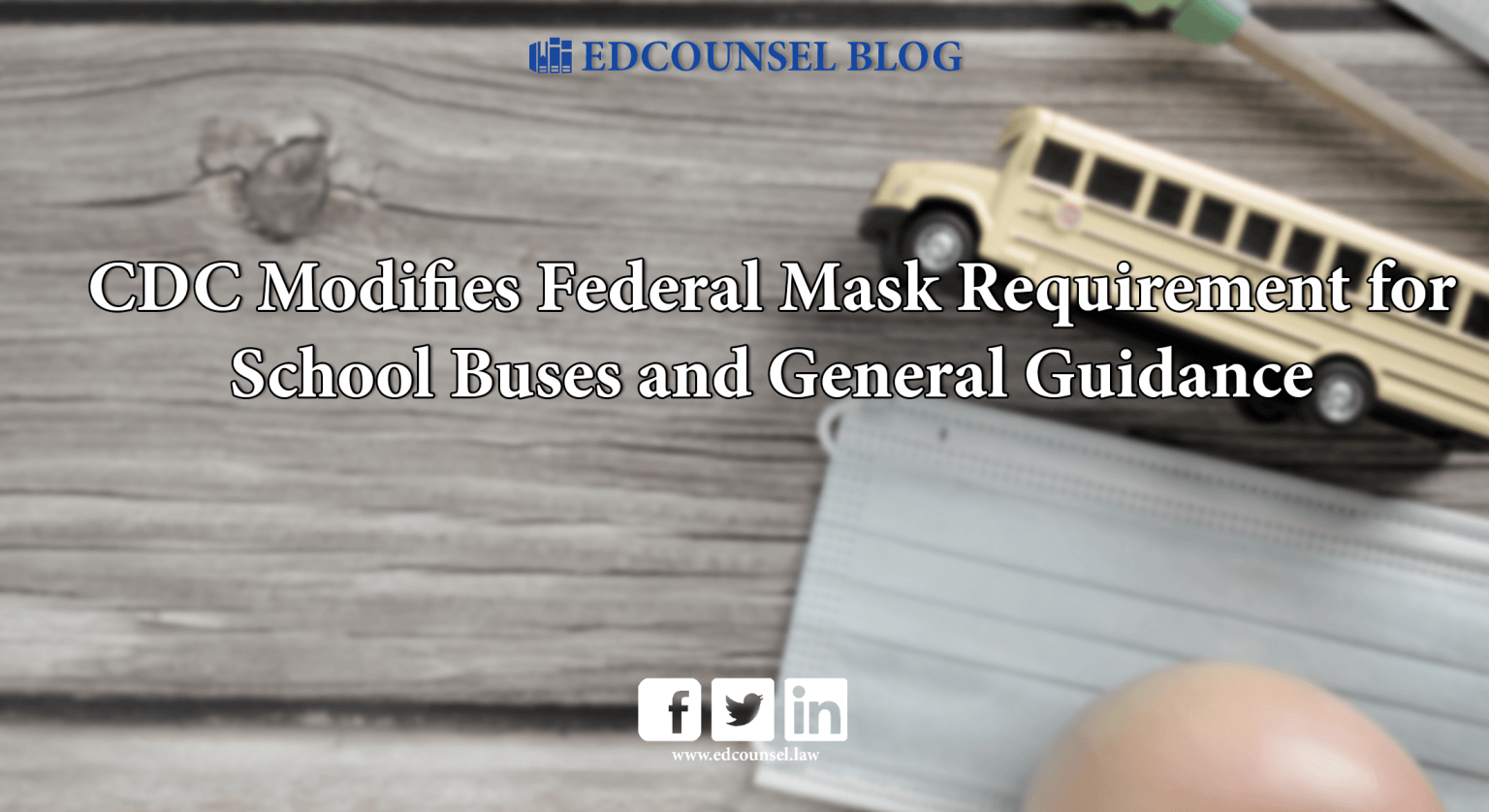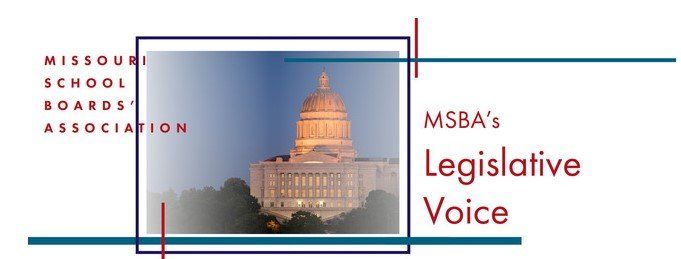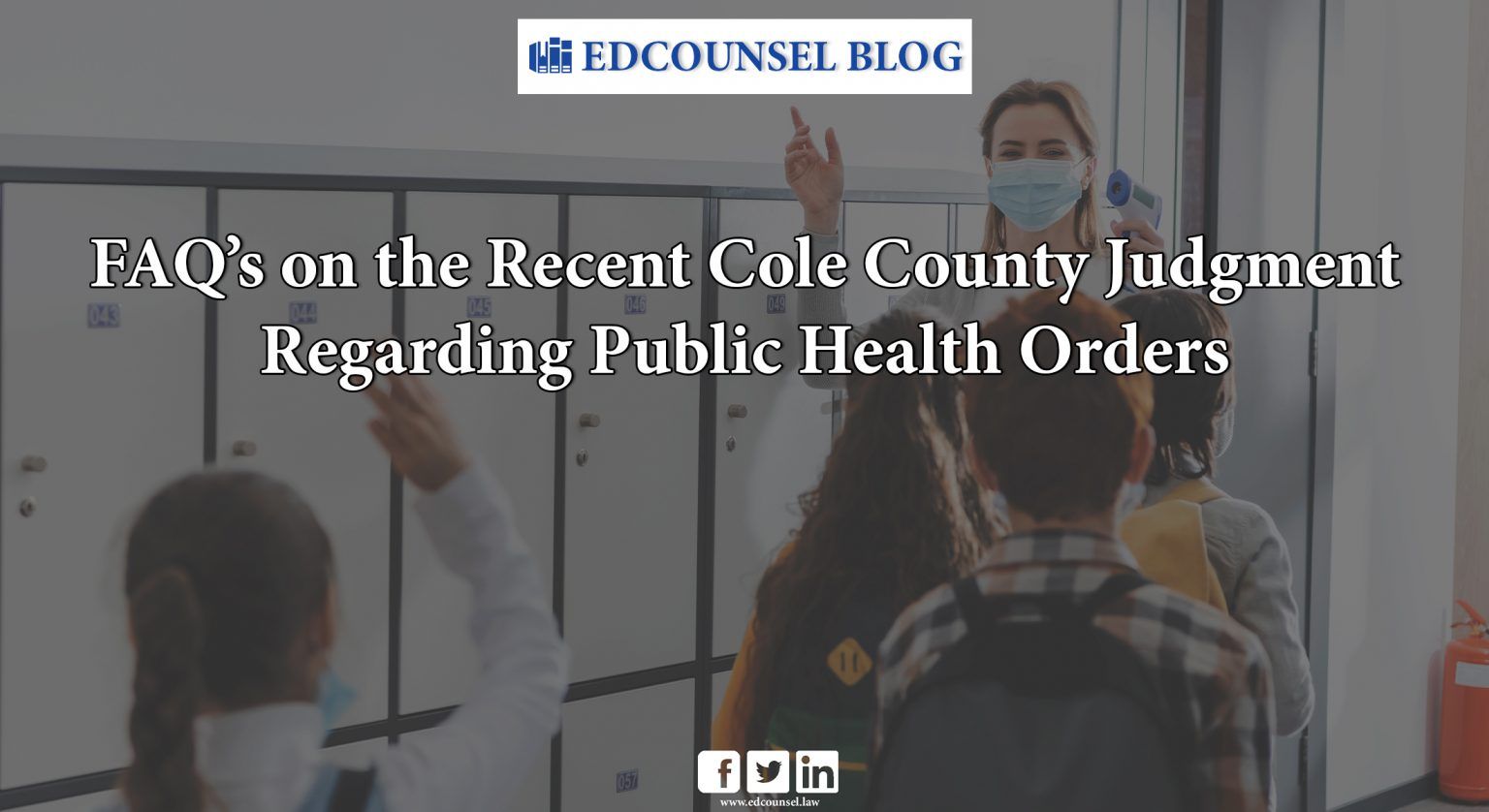
Special Education during the Summer – ESY, Summer School, and Key Things to Remember
With summer quickly approaching, it’s the time of year when many IEP teams are considering whether students need Extended School Year (“ESY”) services, and what exactly those look like. It’s also time to gear up for summer school, which means additional considerations for students with disabilities. Here are the top five things IEP teams should take into consideration when making ESY decisions, including what your district should keep in mind as it develops plans for summer school programming.
(1) Who Should Receive ESY Services?
The federal regulations state that extended school year services must be provided to a student “only if a child’s IEP Team determines, on an individual basis…that the services are necessary for the provision of FAPE to the child.” 34 C.F.R. § 300.106(a)(2). Generally, across the nation, the standard in determining whether or not ESY is necessary for a student is whether the student is likely to regress over the summer without ESY, and/or whether the student will have difficulty recouping their skills after breaks. In looking at this issue, a hearing officer in Alabama posed a helpful question. In Jefferson County School District, 120 LRP 269 (SEA AL 10/14/19), the hearing officer explained that “the critical question that each IEP team must ask regarding [ESY] services is whether a meaningful progress in critical skills related to IEP goals that occurred during the regular school year will be significantly jeopardized if ESY is not provided.”
However, given the federal regulations state that ESY programming has to be provided to students in order for them to receive FAPE, regression/recoupment isn’t necessarily the only consideration. A due process decision in Missouri, Senath-Hornersville C-8 School District and MSSD, 68 IDELR 292 (August 15, 2016), set forth the following additional potential considerations for determining when ESY is appropriate for a student, in light of the specific student’s circumstances:
- Nature of the child’s disability;
- The severity of the disability;
- The areas of learning crucial to the child’s attainment of self-sufficiency and independence;
- Child’s progress, behavioral and physical needs;
- Opportunities to practice skills outside the formal classroom setting (the more functional the skill, the more opportunities the child has to practice it);
- Availability of alternative resources;
- Areas of child’s curriculum which need continuous attention;
- Child’s vocational needs;
- Ability of child’s parents to provide educational structure at home; and
- Opportunity for the child to interact with non-disabled children.
Ultimately, regression and recoupment will play a pivotal role in determining when a student may need ESY services, but if a student needs ESY as part of their individualized education program in order to access FAPE, there may be other indicators that show that the provision of ESY to that student is appropriate.
Given that ESY is individually tailored to meet students’ needs, ESY services may look different than the student’s placement during the regular school year. The placement of the student needs to be tailored to the specific concerns that triggered eligibility for ESY services, which could include a private summer program, or a program offered by another public entity. It is important to keep in mind that the placement shouldn’t be more restrictive than their regular school year placement, unless there is a specific reason why a more restrictive placement is appropriate for ESY.
Another thing to keep in mind is that an ESY determination is a required piece of every student’s IEP, regardless of whether they’re found eligible. Each IEP must include a discussion and determination of the eligibility for ESY of each individual student. This doesn’t need to happen in the annual meeting if the Team thinks it would be more helpful to wait closer to the end of the school year when much more data is gathered, including the student’s regression/recoupment during school breaks for the year (e.g., Fall, Winter, and Spring breaks), progress throughout the year, etc., but it does need to be discussed by the Team and included at some point within the life of an annual IEP.
(2) Did COVID-19 Create Eligibility for ESY?
It’s possible. As outlined above, ESY is meant to prevent regression in skills learned throughout the school year when school is closed for the summer, when students won’t be able to quickly recoup those skills in the Fall, or when other factors indicate that they need extended services in order to access FAPE. If students haven’t sufficiently mastered skills during the school year due to quarantines or COVID-19 closures, especially if they’ll likely regress over the summer, then it would likely indicate a need for ESY.
Many districts chose early in the school year to provide, or continue to provide, COVID-19 Impact Services and Supports during ESY, which would mean that students have been found eligible for ESY services in order for them to continue the progress they made during the school year, when that progress may have been interrupted by COVID-19 closures or quarantines. If your district hasn’t yet done that, then we recommend thinking through these issues when meeting as a Team to determine when a student is eligible for ESY.
(3) ESY is Only an IDEA Thing, Right?
Actually, students eligible under Section 504 could potentially be eligible for ESY. As with many things regarding Section 504, there isn’t an express right to ESY services within Section 504 itself; however, the U.S. Department of Education Office for Civil Rights (“OCR”), which oversees Section 504, has determined that students with disabilities who are eligible under Section 504 could also be eligible for ESY Services.
Typically, of course, students with disabilities who are eligible under the IDEA are much more likely to be eligible for ESY services than students who are only eligible under Section 504, but the determination is the same. Generally, students who are receiving services or therapy as part of their Section 504 plan in order to receive FAPE are likely the students who will typically be found to need ESY services, as opposed to students who are merely receiving accommodations during the school year due to their disabilities.
(4) Summer School Could be ESY—but It Probably Isn’t
Since summer school programs are geared toward regular education students generally, and may also be “enrichment” programs, especially in elementary schools, it may not be appropriate for a student to attend summer school as the district’s provision of ESY, especially if a student’s regular school year placement involves direct instruction in the special education classroom and limited interaction with non-disabled peers. For a student with a less restrictive placement, though, whose ESY services could be integrated into the regular day during summer school, it could be. The key is to remember that each student’s ESY offering must be tailored to that student’s individual needs.
(5) Special Education Students Should Still Have Equal Access to Summer School
There is no requirement that a school district hold summer school, so if the district doesn’t offer summer school to all students, it isn’t required to create a summer program for special education students, except for those students who are eligible for ESY. For example, if your district doesn’t hold summer school for everyone, the district also isn’t required to create a “summer camp” or other general summer school-type activity for students with disabilities. If a student is eligible for ESY, the district is required to ensure the student has access to those ESY services, either in the District or via an outside vendor.
If your district does offer summer school, then the district is required to offer all students equal opportunity to participate in summer school. In general, this means that the district is required to provide the supports and accommodations to students outlined in their IEPs or Section 504 plans that provide them with equal access as their regular education peers to the district’s programs. For instance, if a student receives paraprofessional support in order to participate in education, then the student is very likely to need paraprofessional support during summer school, if the student elects to attend. Likewise, if a student with diabetes attends summer school, and the student’s Section 504 Plan requires the student have access to the nurse, snacks, water, etc., then those accommodations must be provided during summer school as well.
The district can refuse to “materially alter” the summer school program in order for a student with a disability to participate (just like the considerations related to extra-curricular activities and sports). However, if the district believes a parent’s request, or a specific requirement in a student’s Plan, would materially alter its summer school program, we recommend discussing that matter with the district’s legal counsel, in order to ensure that there isn’t risk to the district in taking that position, before denying a student access to summer school.
If you have further questions regarding ESY or summer school, we encourage you to reach out to the team at EdCounsel.




